Aplenty Kodo Millet | Kodri | Natural Grains | (Kodra/Varagu/Arikelu/Hark/Varigu) | Native Low GI Millet Rice | High Protein
- Delivered today (order Mon-Fri before 12:00, delivery between 17:00 and 22:00)
- Including shipping costs, sent by klbtheme.com
- Pick up at a klbtheme.com collection point is possible
- 30 days to change your mind and free returns
- Day and night customer service
Description
Kodo millets or magical millets are the must-have millets in your meals. Kodo millet or Paspalum scrobiculatum belongs to the family Poaceae, and is locally known as rice grass, ditch millet, cow grass in English, araka in Telugu and kodra in Marathi. Kodo millet grains are annual grains ranging from light red to dark grey. The cultivation of kodo millets started in India about 3000 years ago. Apart from India, it is cultivated in Russia, China, Africa and Japan. In India, it is widely grown in Madhya Pradesh, Tamil Nadu, Karnataka, Gujarat and Chhattisgarh. Among all millets available, it is well known for the highest drought resistance and produces high yield in a short duration thus is of great economic value. India is the world leader in the production of kodo millets, and thus its cultivation is of great economic significance. Kodo millets are cultivated in the kharif season (monsoon season) and are available in different varieties, namely Indira kodo, Jawahar kodo, TNAU, etc. Kodo millets are processed into high-value foods and drinks. Apart from economic and culinary benefits, kodo millets have numerous health benefits
About this item
- Kodo millet is a highly nutritious grain and an excellent substitute to rice and wheat.
- Millets are a good source of magnesium which is known to be promoting heart health.
- Kodo millets can be used for traditional as well as novel foods. Unprocessed or processed grain can be cooked whole or ground to flour. It can be cooked as rice and also a variety of dishes like idli, dosa, pongal, khichdi, snacks, porridge, cookies, noodles etc.
- Kodo millets are rich in B vitamins, especially niacin, B6 and folic acid, as well as the minerals such as calcium, iron, potassium, magnesium and zinc.
- The phosphorus content in kodo millet is lower than any other millet and its antioxidant potential is much higher than any other millet and major cereals.
- Kodo millets is gluten free millet.
Additional information
| Weight | N/A |
|---|---|
| Weight | 1800g, 200g, 400g, 900g |

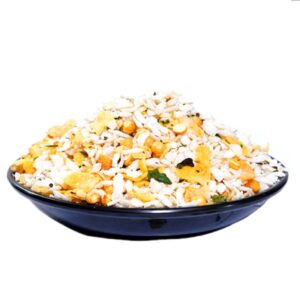
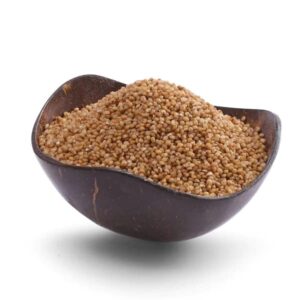
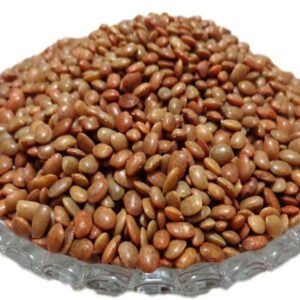
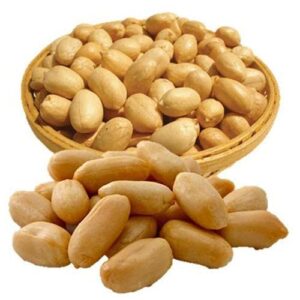
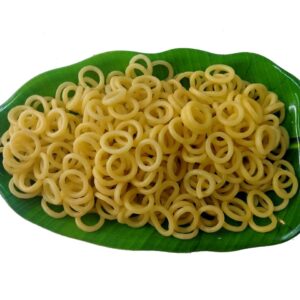
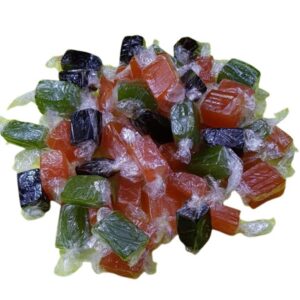

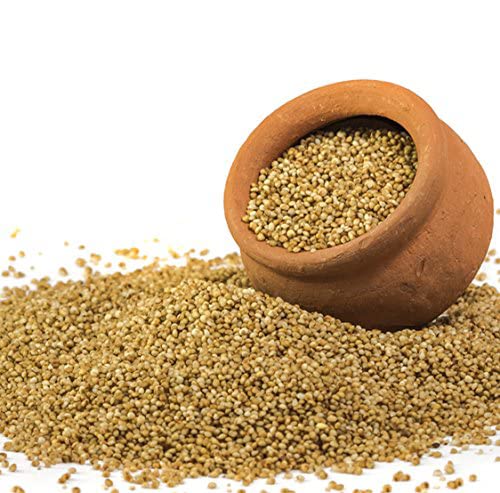


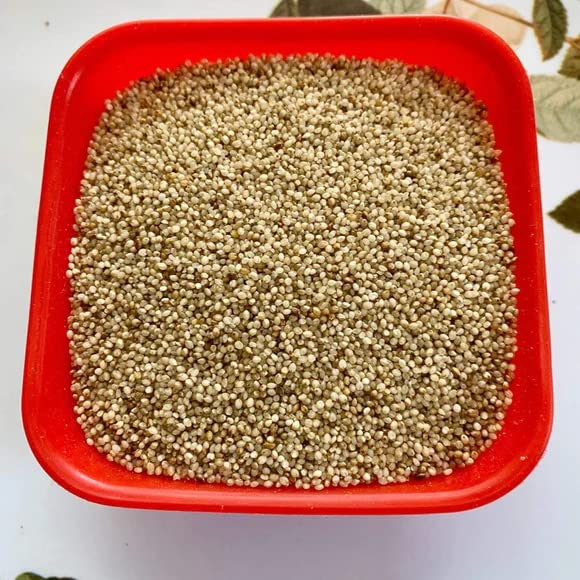


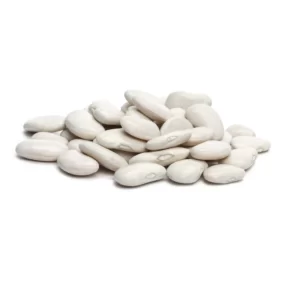
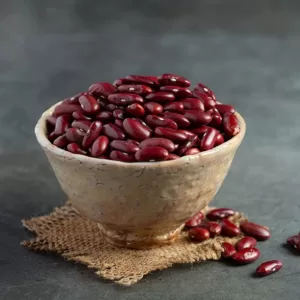
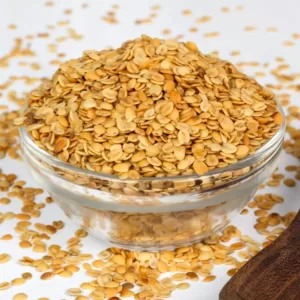
Reviews
There are no reviews yet.